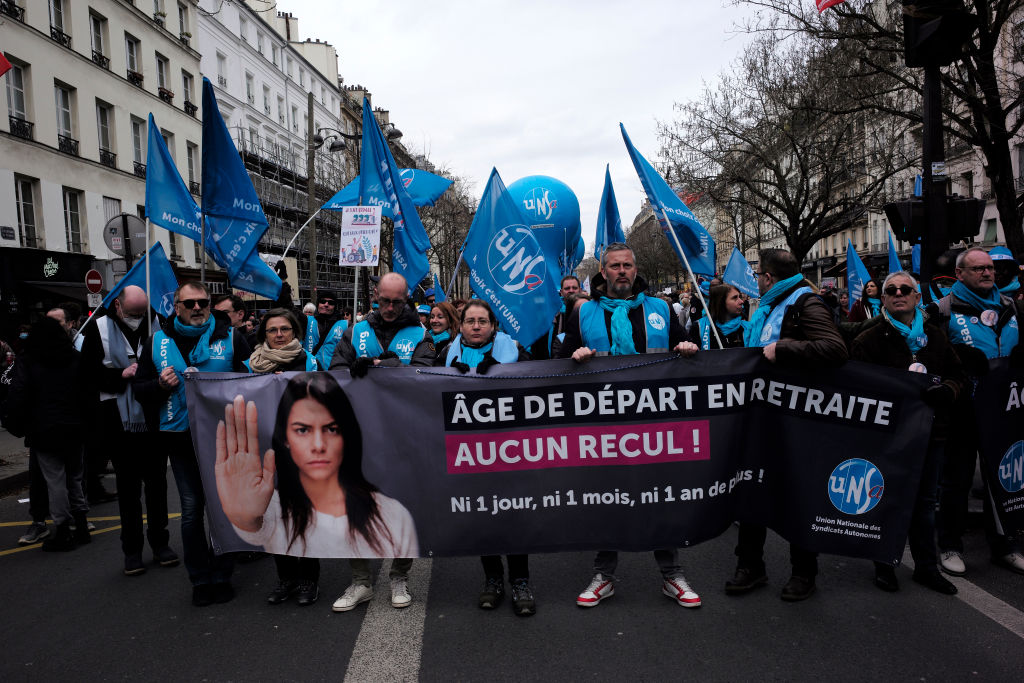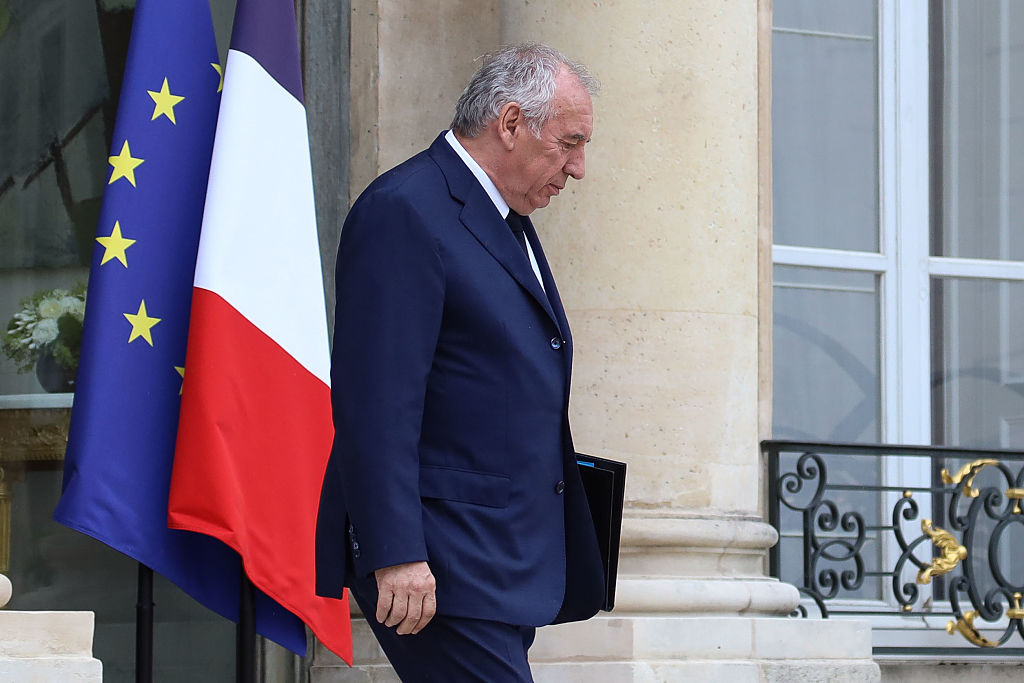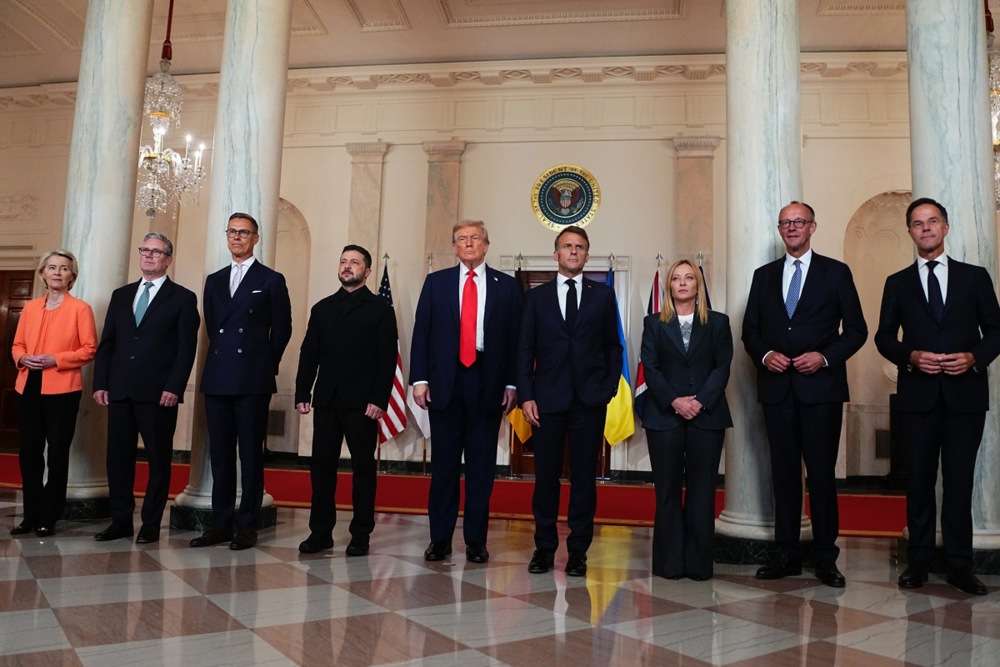Eighteen! That’s the number of sanction packages which have been passed on Russia by the European Union since the expansion of the Russo-Ukrainian War in 2022. They have been structured differently, but all are – supposedly – designed with the goal of convincing Russia to end its war on Ukraine.
They have not worked.
But that is not stopping the European Commission from trying with their 19th package. Among other things, the package includes a new idea: Making it harder for Russian tourists to come to the European Union. The Commission cannot go further unilaterally and ban them outright – that is a national-level policy, and would require a large majority of member states – but its suggestions come after a long period of carping from eastern European states.
One struggles to understand how this move makes any sense. Europe is now seen by Russians as a land of pro-gay liberals who hate their country and love to import migrants. Who is more likely to travel from Russia to visit such a place: A liberal Russian opposed to Vladimir Putin, or a conservative who hates all of those things? It is obviously the former. The only thing restricting visas for Russians will do is trap liberally-minded Russians within their country.
It will obviously not impact the wealthy Russians whose dachas line the French Riviera; these individuals, who bring lots of cash, will find ways to get around the visa restrictions. Tourist visas – which is what is being talked about here – are not the same as residence permits, student visas (often used by children of wealthy Russians), work visas, or other authorisations.
It also will not have a real effect on Russia’s economy. Tourists, after all, do not bring money into Russia – they instead take it out. It actually will likely end up strengthening Russia’s economy or other adversarial economies, as that money will be spent within Russia or countries like China instead.
This is not to say that the West must have that Russian money; rejecting money from individuals one does not wish to work with is a perfectly reasonable position. But if it is not really going to move the ball forward on Europe’s geopolitical priorities, one wonders why they are doing it.
Not that one would need to wonder for long at all, as the answer is painfully obvious: Because for years, cries of “Do something!” has been the modus operandi of Western foreign policy. Sometimes, this has led to disaster, such as the West’s intervention in Libya, which blew a hole in that country’s borders and uncorked the bottle for hundreds of thousands to millions of “asylum seekers” to pour into Europe. Sometimes, in the case of Russia, it’s just been silly. All times, they have not actually done something to help – they’ve just “done something.” But that does not make it much better: Foreign policy should not be silly, especially at such a fraught moment, when the multipolar order is hardening. Europe wants to play a major role in that order – so it should stop being silly.
Fortunately, there are ways actually to have an effect on things when it comes to sanctions. President Donald Trump made one such suggestion over last weekend, when he suggested, in a letter posted on Truth Social “to all NATO nations and, the world,” that he was ready to place massive sanctions on Russia and China. Specifically, he – along with Europe – would place “50 per cent to 100 per cent tariffs on China”, correctly arguing that China has the ability to force Russia to end the conflict (and is arguably the only country on Earth which could). He also suggested that such sanctions would have to come with NATO member states ceasing their purchases of Russian oil, adding that “NATO’s commitment to win has been far less than 100 per cent, and the purchase of Russian oil, by some, has been shocking!”
Trump is correct here. While Europe has talked about getting off of Russian oil, they have – as with defence spending increases – agreed in principle but put actual action off by years. The new round of sanctions also targets Russia’s “shadow fleet,” but the shadow fleet is not the issue, it’s the actual oil openly being bought by the European Union. EU officials are reportedly eyeing a 2028 date, after which buying oil from Russia would be banned. But that date is far off, far enough to be rescinded if the war stops (which many officials are likely privately hoping for) and far enough to be easily extended by a few years if need be.
This is one of the reasons Russia has been able to prosecute the war so effectively: It’s made billions from the West, regardless of the sanctions. This has not been on accident. The European Commission keeps pumping out batches of sanctions – again, they are now on the 19th – full of fluff so they can get good headlines but not actually do the hard things.
President Trump is asking for them to do the hard things which would end the war. Russia has done a good job of sanction-proofing its economy, but it genuinely would encounter problems if the entirety of the West stopped buying its oil. Likewise, if China felt pressured, Russia would likely be forced to act.
Europe may blanch about having to tariff China, but the Russo-Ukrainian War is not even America’s main concern right now: Asia is. To expect the US really to take part, it’s only natural that Europe would also help America to target China. Trump’s suggestion, therefore, is a win-win: Europe gets to force Russia to halt, and America, with the rest of the West, gets to show unity against China.
But doing so would, of course, force the European Commission to actually do something. But that’s hard, politically risky, and requires conviction.
So don’t expect too much.





Incompetent technocracy: The EU miscalculated on Google